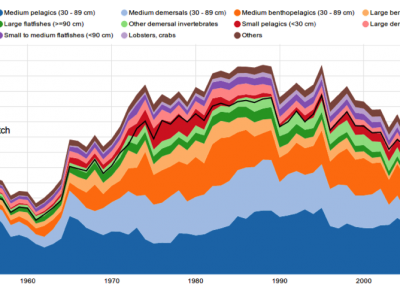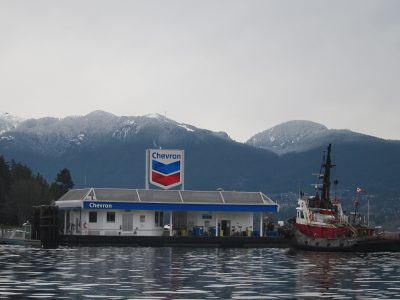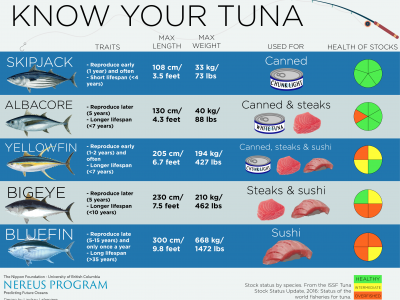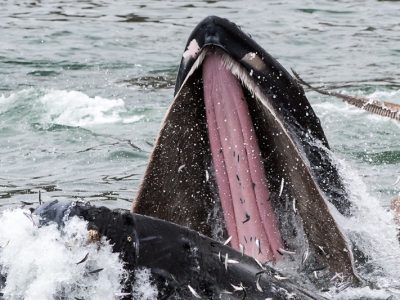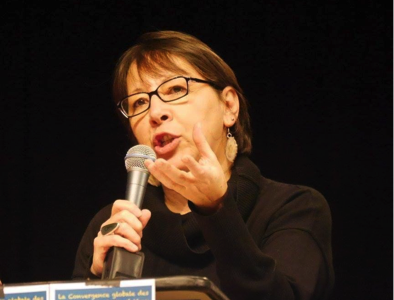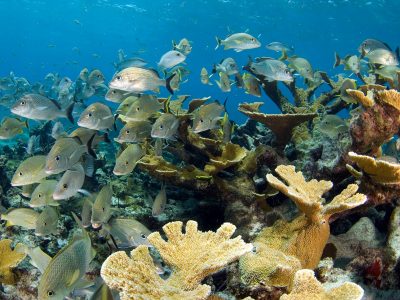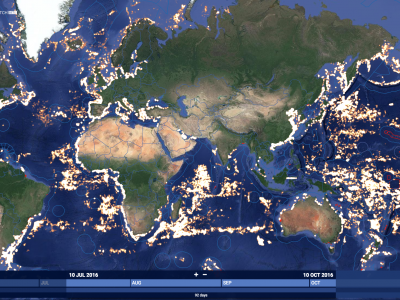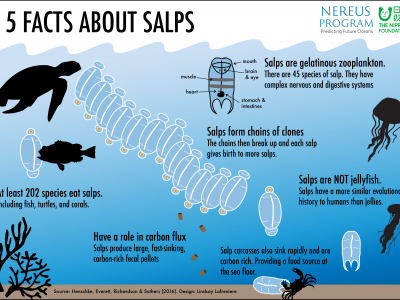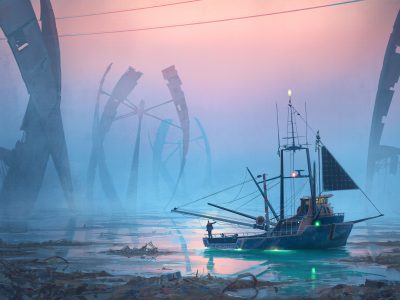Integrating Sea Around Us fishing catch data into the Madingley ecosystem model
Madingley is a General Ecosystem Model and hopes to indirectly represent all forms of life, terrestrial and marine. Nereus Fellow Phil Underwood works with the Madingley model to validate its use as a policy tool in relation to fisheries, ecosystem health, and food security. He is working to better understand the relationship between oceanic ecosystems and human societies.



